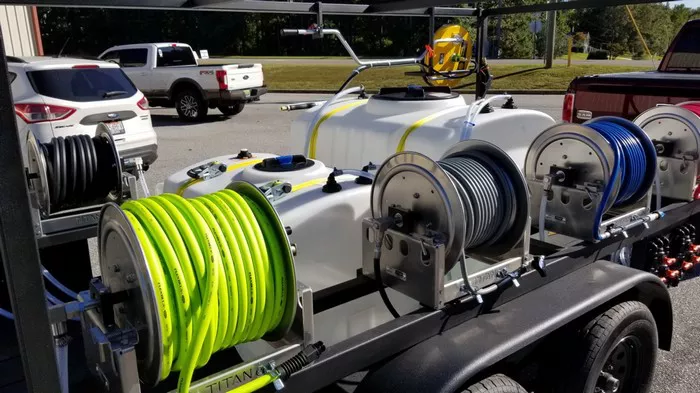The water pump plays a crucial role in the cooling system of a car, circulating coolant throughout the engine to maintain optimal operating temperature. This often-overlooked component is essential for preventing overheating and maintaining engine health. In this article, we’ll explore the importance of a functioning water pump and highlight three key signs that indicate it may be failing.
The Function of a Water Pump
Before delving into the signs of a failing water pump, it’s essential to understand its role in a car’s cooling system. The water pump is responsible for circulating coolant (a mixture of water and antifreeze) through the engine, radiator, and heater core. As the engine runs, it generates heat, which the coolant absorbs. The water pump then pumps this heated coolant away from the engine, allowing it to dissipate its heat in the radiator before returning to the engine to repeat the process. This continuous circulation helps regulate the engine’s temperature and prevent overheating, ensuring optimal performance and longevity.
See also: Do Pressure Washers Lose Pressure Over Time?
3 Signs of a Failing Water Pump
I. Coolant Leak
One of the most common signs of a failing water pump is a coolant leak. The water pump is equipped with a seal that prevents coolant from leaking out. Over time, this seal can wear out or become damaged, allowing coolant to escape.
How to Identify a Coolant Leak:
1. Visual Inspection: Check around the water pump for signs of coolant leakage. Look for wet spots or puddles of coolant under the car, particularly near the front of the engine.
2. Coolant Reservoir: Monitor the coolant level in the reservoir. A sudden drop in coolant level without an obvious leak elsewhere in the system may indicate a leak at the water pump.
II. Engine Overheating
A failing water pump can lead to engine overheating, as it may not be able to circulate coolant effectively. Without proper coolant circulation, the engine’s temperature can rise to dangerous levels, potentially causing serious damage.
Symptoms of Engine Overheating:
1. Temperature Gauge Reading: Keep an eye on the temperature gauge on the dashboard. If the gauge indicates that the engine is running hotter than normal, it may be a sign of a failing water pump.
2. Smoke from Engine: In severe cases of overheating, steam or smoke may emanate from the engine compartment. This is a clear indication of overheating and requires immediate attention.
III. Unusual Engine Noise
Failing bearings or a loose pulley in the water pump can produce unusual noises, signaling potential issues with the pump.
See also: Definition of the Power Washer: Its Innovation and Impact
Types of Unusual Engine Noise:
1. Whining: A high-pitched whining noise coming from the front of the engine may indicate worn-out bearings in the water pump.
2. Squealing: A squealing noise, particularly when the engine is idling or accelerating, could be due to a loose pulley on the water pump.
Conclusion
In conclusion, recognizing the signs of a failing water pump is crucial for maintaining the health and performance of your car’s engine. If you notice any of the symptoms mentioned in this article—coolant leaks, engine overheating, or unusual engine noise—it’s essential to consult a mechanic for diagnosis and repair. Ignoring a failing water pump can lead to costly engine damage and potential safety hazards on the road. By addressing issues promptly, you can ensure the continued reliability and longevity of your vehicle’s cooling system.

